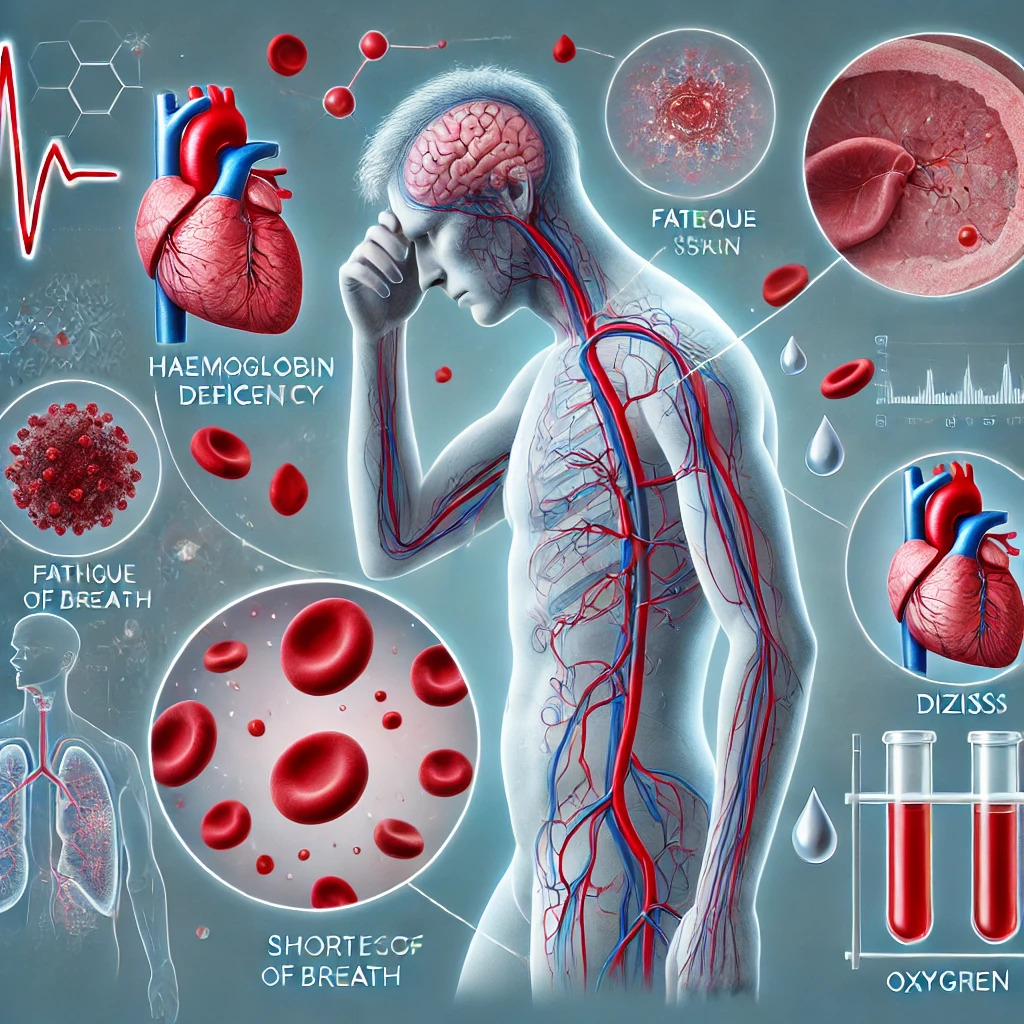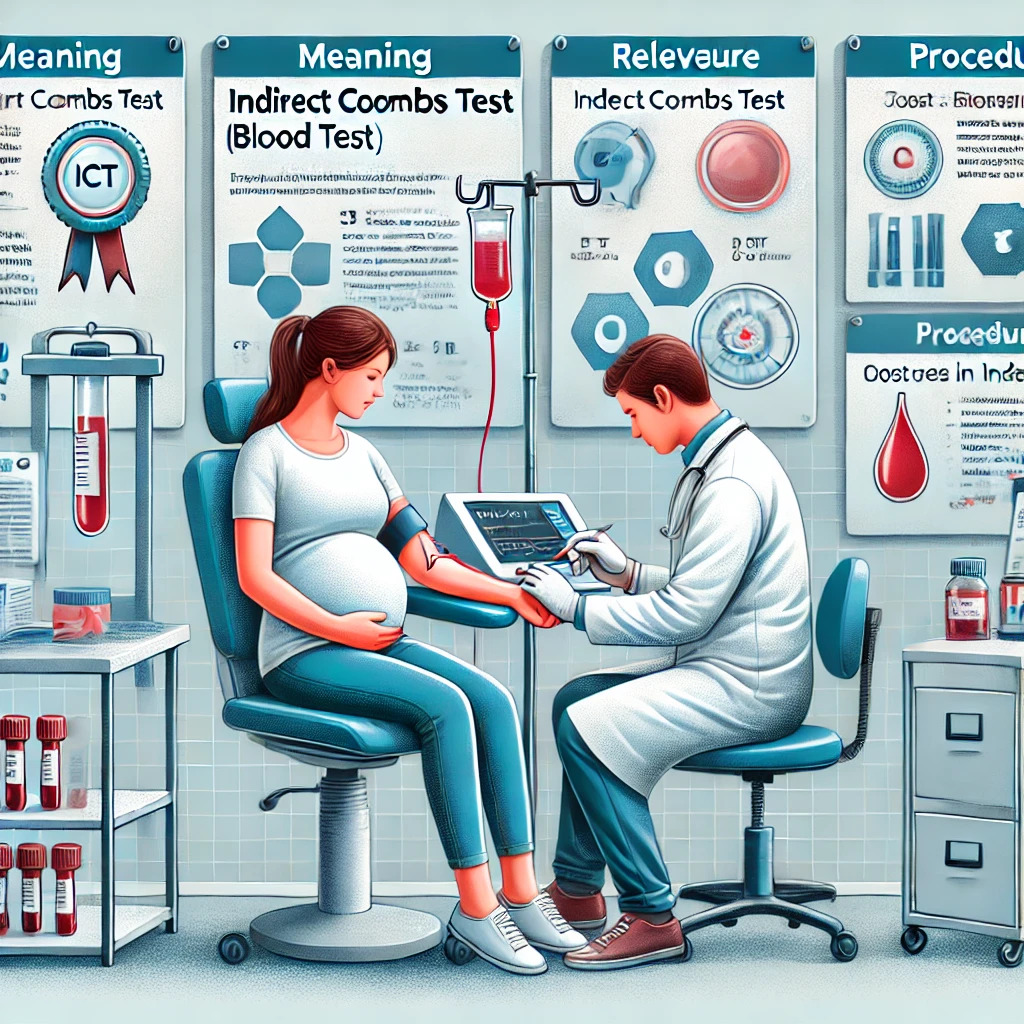Understanding the link between acidity and gas
.png)
Gas and acidity are two of the most common everyday issues many face. These two digestive problems cause a fair bit of discomfort and disrupt daily activities. Over-the-counter syrups for gas and acidity provide a fast and effective solution to alleviate the symptoms, although these syrups do not treat the root cause. These syrups for acidity and gas work by neutralising excess stomach acid and easing gas buildup. This provides rapid relief from heartburn, bloating, and indigestion.
This blog will delve into the common issues of gas and acidity, the leading causes, and how these digestive issues impact daily life. We will examine the various reasons behind gas and acidity. At the same time, we will look at the best syrups for gas and acidity, the best tablets for gas and acidity, and traditional remedies like churan for gas and acidity, highlighting their effectiveness, how they work, and considerations to keep in mind when using them for managing digestive problems at home.
This blog on gas and acidity is not a substitute for medical diagnosis and care. Sometimes, serious health issues may lead to these digestive problems, and it is essential to consult a doctor in cases where you have persistent gas and acidity.
Understanding the link between acidity and gas
Acidity is also called acid reflux. Both acidity and gas are problems of the digestive system, and these issues sometimes occur together as they share some causes. Diet and nutrition, eating habits, lifestyle factors, stress, etc. play an essential role. This is why, in most cases, some lifestyle modifications are enough to bring about significant improvements. These strategies may be more important than the best tablet for gas and acidity for long-term relief.
Acidity due to GERD (gastroesophageal reflux disease) is common and leads to heartburn. Both adults and children may experience this at some point in their lives. Excessive gas or flatulence may also be experienced simultaneously.
Acid reflux is experienced when stomach acid and other contents flow upward from the stomach into the food pipe (oesophagus). This reflux is not responsible for excessive gas. Flatulence is experienced along with acidity due to certain common underlying factors.
Also Read: - best homeopathic medicine for acidity and gas
Certain conditions that cause both gas and acidity include:
- Irritable bowel syndrome (IBS), where symptoms like bloating, stomachache, diarrhoea or constipation, or mucus in the stool may also be present,
- Other functional disorders of the digestive system
- Lactose intolerance
- Other food intolerances, including fructose intolerance
- Small intestinal bacterial overgrowth (SIBO)
- GERD
- Celiac disease
- Obstruction in the digestive tract
- Chronic constipation
- Gastroparesis
- Gastrointestinal cancers
Excessive gas may also be present due to:
- Talking while eating
- Mouth breathing
- Chewing gum
- Eating hard candies
- Drinking with a straw
- Eating or drinking too fast
- Drinking fizzy drinks
- Having loose-fitting dentures
The above factors contribute to swallowing excessive air, which can aggravate flatulence.
Acid reflux may be present due to many factors. If it is a persistent issue, the most likely cause is a weakened esophageal sphincter, which cannot prevent the stomach contents from backing up. This causes GERD.
Some of the causes of a relaxed or weakened esophageal sphincter include:
- Obesity
- Pregnancy
- Smoking
- Passive smoking
- Certain medications include NSAIDs, asthma medications, calcium channel blockers, antibiotics, etc.
- Hiatal hernia
Some factors that may cause infrequent acidity or worsen GERD include:
- Alcohol
- Spicy foods
- Acidic foods and drinks like tomatoes, vinegar, and citrus fruits
- Caffeinated drinks
- Chocolates
- Foods high in fat, like fried foods, processed foods, and processed meats
- Fermented and pickled foods
- Increasing fibre intake abruptly can cause both acidity and gas.
Prevention strategies
You can use syrup for gas and acidity for quick relief, but looking at long-term prevention goals is essential. Strategies to prevent gas and acidity can rid you of persistent discomfort and improve the quality of your life. For persistent digestive issues, it is necessary to see a doctor to rule out any severe cause and treat it at the earliest.
How to prevent gas?
Some steps you can take at home to prevent gas include:
- Breathing through your nose
- Avoiding chewing gums
- Not sucking on hard candies
- Avoiding straws for drinking
- Avoiding fizzy drinks
- Eating smaller meals at frequent intervals rather than eating large meals with significant gaps
- Not talking when drinking or eating
- Eating slowly while sitting and being in a relaxed environment
- Wearing properly fitted dentures
- Slowly introducing fibre into your diet
- Reducing the intake of fructose
- Avoiding lactose or foods you are intolerant to.
People may be intolerant to or have trouble digesting certain foods, which vary for individuals. A doctor or a dietician can help you find the culprit foods, which can be avoided or taken in limited amounts. These culprit foods may be high-fat foods: fruits like apples, peaches, and pears; cruciferous vegetables; legumes like peas, beans, and dals; dairy products; whole grains; artificial sweeteners like mannitol and xylitol; drinks with high fructose corn syrup; fermented foods, etc. This is not a comprehensive list, as foods that trigger gas can vary for individuals.
How can you prevent acid reflux?
Some modifications to lifestyle and diet can provide relief from acidity. These include:
- Eating a nutritious diet focusing on smaller meals at frequent intervals.
- Avoid foods that trigger acidity.
- Maintaining an average weight.
- Quitting smoking and tobacco products.
- Eating three hours before hitting the bed to prevent regurgitation of the stomach contents.
- Elevating the head side of your bed by 6–8 inches.
- Adjusting medications that cause acid reflux after talking to your doctor.
- Learning to manage stress.
- Not exercising on a full stomach.
Sometimes, the underlying cause of gas and acidity may be more serious, and an accurate diagnosis may be required. Persistent digestive issues must be medically examined. You need to consult a doctor immediately in case you have these signs, along with gas and acidity:
- Chest pain
- Difficulty breathing
- Chest pain which radiates to the arm, neck, or jaw
- Persistent vomiting
- Loss of appetite
- Swallowing problems
- Chronic cough
- Pain when swallowing
- Unexplained weight loss
- Vomit that resembles coffee grounds as this signals bleeding in the digestive tract
- Bloody stool
- A black or tarry stool
- Severe abdominal pain
- Sudden changes in stool pattern
- Constipation that lasts more than a few days
Treatment of Gas and Acidity
For lifestyle-related causes of gas and acidity, training yourself to swallow less air, maintaining a healthy weight, and changing your diet help. For food intolerances, removing the culprit food helps. For more severe issues, you need to consult a doctor who will conduct tests to diagnose and treat or manage your underlying condition.
Some over-the-counter and prescription medications can temporarily relieve and help you manage this condition. Syrups for gas and acidity are available.
Syrup for gas relief will usually have simethicone. This syrup provides relief by making it easier to pass gas. It does so by decreasing the surface tension of gas bubbles. Some things to be considered are the correct dosage, the right timing, and the proper storage methods. Although it is well tolerated, one must consult a healthcare professional before starting any medicine. Pregnant and lactating women and people with chronic or severe health conditions need to consult their doctor before taking any medicine for gas and acidity relief.
Syrup for acid reflux usually contains aluminium and magnesium antacids, which lower the acid in the stomach. These syrups work faster than tablets or capsules to neutralise the excess acid in the stomach. But they won't lower acid production. Different types of medication are available to lower acid production. These syrups can reduce the absorption of some drugs, and there should be a gap between the two. Your doctor can help you schedule medications to avoid drug interactions.
There is no singular best tablet for gas and acidity because the treatment depends on the underlying cause. Medications that lower acid production include H2 blockers and proton pump inhibitors. These may be given to people who are found suitable to benefit from these medications. Homoeopathic and ayurvedic medicines are also available for digestive problems, including gas and acidity.
It is always important to follow your region's specific regulations and guidelines to purchase and use medicines that relieve gas and acidity. If you continue to have symptoms even after two weeks, or your digestive symptoms worsen, you must consult your doctor for further action.
Home remedies and traditional remedies for gas and acidity
Ginger tea or chewing on fresh ginger slices can stimulate digestion and relieve gas.
- You can drink peppermint tea to calm the stomach and relieve gas. But remember, acidity can be exacerbated with mint tea, as it can relax the esophageal sphincter.
- Some people find relief by having a tablespoon of raw, unfiltered apple cider vinegar in a glass of water before meals, while others report aggravation of their symptoms.
- After meals, chewing fennel or carom seeds can help with acidity and gas.
- Chewing on a few cloves after meals can also reduce gas and acidity.
Ayurvedic treatment for gas and acidity takes an individual approach first to assess body constitution and dosha aggravation. Treatment, including dos and don'ts, is given based on these factors. Some ayurvedic churns for gas and acidity include Triphala churna, Hingwashtak churn, Dhanyakadi churna, amla powder or even juice can be taken, licorice, etc.
These traditional remedies and treatments have been used for generations, but they can still lead to side effects or allergies for some people. This is why one must consult a registered Ayurvedic doctor before taking any medicine.
Diagnostic Tests for Gas and Acidity
If the cause of gas and acidity is not clear or when the doctor suspects a more serious underlying issue, then some tests may be used based on the presenting symptoms and medical history.
- Blood tests that may be used are:
- Complete blood count, which can detect anaemia and infection.
- Liver function tests to see if liver problems are causing digestive issues.
- The Helicobacter pylori antibody test is used to diagnose H. pylori infection. This bacteria can cause ulcers, gastritis, and acidity.
- Pancreatic enzyme levels may be evaluated for amylase and lipase to diagnose pancreatic disorders.
- Electrolyte disturbances can also affect digestion so that electrolyte levels may be checked.
- A celiac disease panel can screen for antibodies associated with celiac disease. This disease can cause bloating, gas, acidity, and severe damage without treatment.
- Thyroid function tests and a comprehensive metabolic panel may be ordered.
These blood tests can provide much-needed information to the doctor to determine if there is an underlying cause and then plan appropriate treatment.
- Many other diagnostic tests are also there to evaluate the cause of acidity and gas by visualising the digestive tract and checking for structural abnormalities in the digestive tract, infections, inflammation, ulcers, and other issues. Some of these tests are:
- Endoscopy to examine the oesophagus, stomach, and duodenum for ulcers, tumours, inflammation, and other problems.
- A colonoscopy is used to examine the colon and rectum to identify problems like polyps, diverticulitis, ulcerative colitis, or colorectal cancer.
- Abdominal ultrasounds can be used to look at all the abdominal organs.
- Barium swallow or barium meal can also provide a detailed visualisation of the oesophagus, stomach, and small intestine.
- A hydrogen breath test and a urea breath test can be used.
- Stool tests like faecal occult blood tests and stool culture can be advised.
- Imaging tests like CT and MRI scans may also be used.
Conclusion
As you have understood from this detailed discussion on gas and acidity, simple remedies and lifestyle changes in most cases may be enough. Even with some underlying causes, diagnostic tests and treatments are available. It is essential to have an early diagnosis, which is why you should never ignore persistent digestive issues or abnormal signs and symptoms.
At O-Lab in Jammu, blood, urine, and stool tests are available at the most economical prices. Many comprehensive packages are also available. You can also request a home sample collection. Reach out to us if you have any questions.





